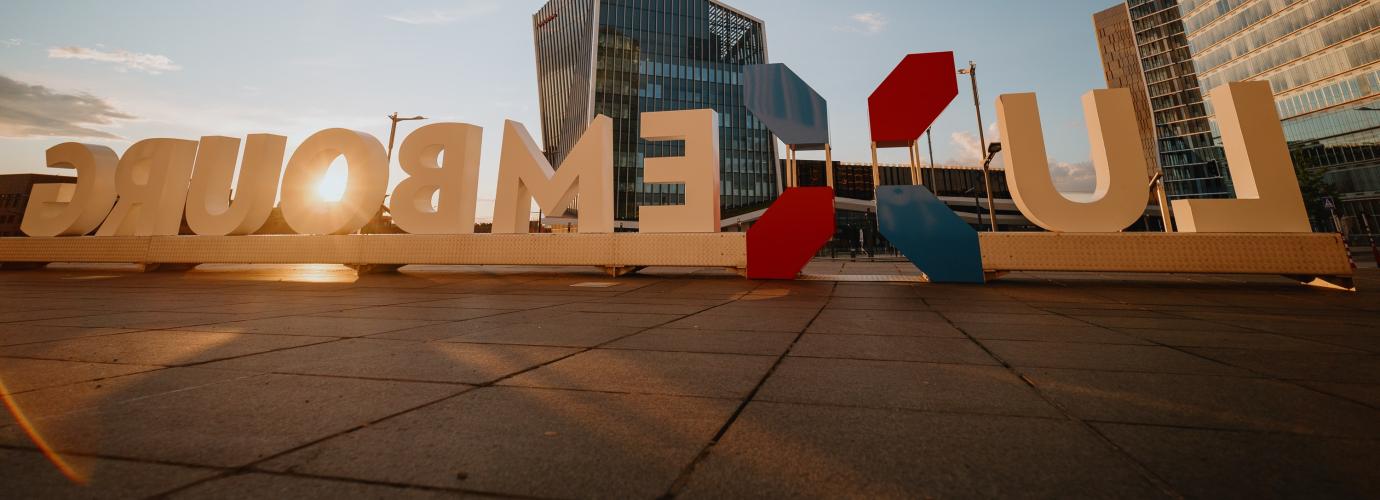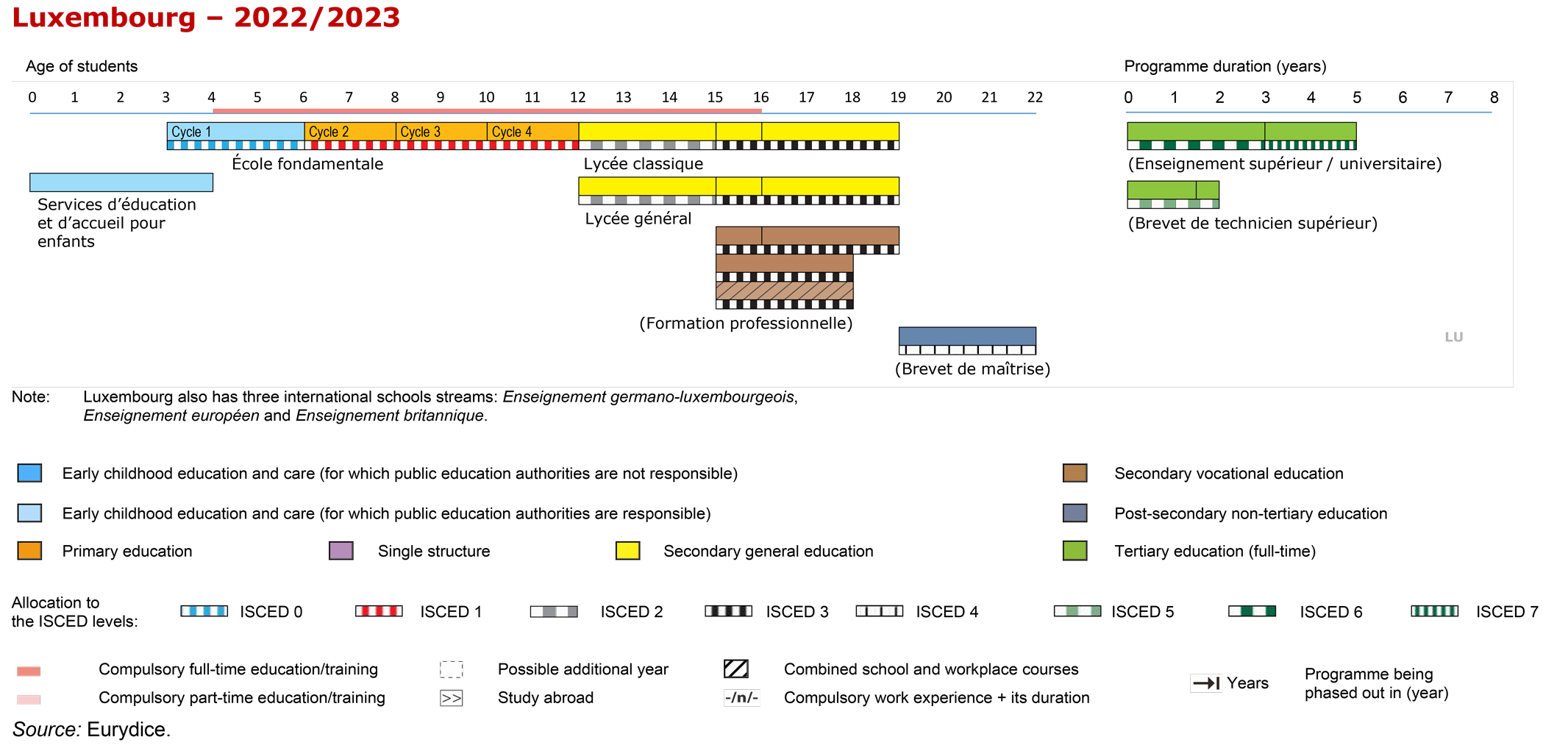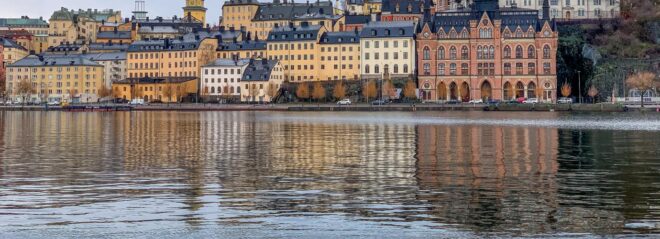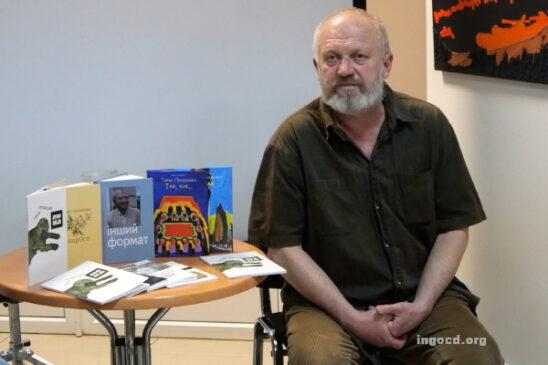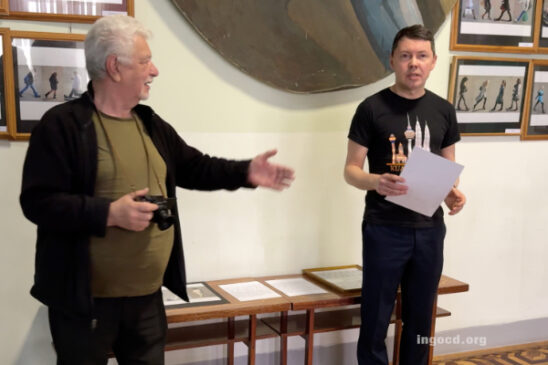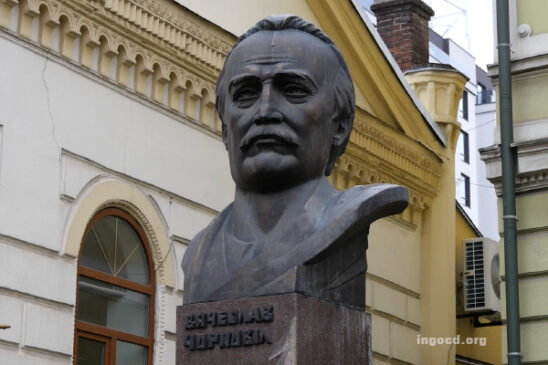Luxembourg education system
Key features of the education system
Two ministries bear the main responsibility for Luxembourg’s educational system:
- The Ministry of Education, Children and Youth (MENJE; ministère de l’Éducation nationale, de l’Enfance et de la Jeunesse) is responsible for the planning and management of school education. It organises the educational departments and defines curricula and guidelines encompassing all stages of education: non-formal and formal education in early childhood, preschool and school education at primary and secondary level, vocational education and training and adult education, as well as extra-curricular schooling provision, such as music education. The MENJE also coordinates government actions for young people and manages accreditations for curricula and validation of learning outcomes.
- The Ministry of Higher Education and Research (MESR; ministère de l’Enseignement supérieur et de la Recherche) is responsible for higher education.
In some fields related to education and training, other authorities cooperate with the MENJE:
- Municipalities (communes) provide the infrastructure and educational facilities for pre-school and primary education, but the teachers are appointed and paid by the State. The communes are competent for the schools’ organisation and they approve the establishments’ development schemes
- The Ministry of Family Affairs, Integration and the Greater Region (MFI; ministère de la Famille, de l’Intégration et à la Grande Région) is competent for social issues and assistance for the benefit of children and their families
- The Ministry of Labour, Employment and the Social and Solidarity Economy (MTE; ministère du Travail, de l’Emploi et de l’Économie sociale et solidaire), through its Agency for the development of employment (ADEM; Agence pour le développement de l’emploi) cooperates with the ministry of Education, Children and Youth to implement measures and training programmes for unemployed people.
Luxembourg’s education system is shaped by the country’s political, economic, demographic and linguistic particularities, such as:
- Small territory, but wide cultural and linguistic diversity: As one of the smallest EU Member States, Luxembourg has a relatively low number of residents, but its population is steadily growing and becoming more multicultural (see Eurydice article 1.3 Population). Cultural plurality has large repercussions on the country’s educational provision. Public education in Luxembourg also includes different transnational and international variations to the mainstream national Luxembourgish system (2.3 Organisation of the Education System). Additionally, there are measures allowing residents to enrol in education and training in the Greater Region or in other countries. Transnational educational mobility has a long-standing tradition, especially in higher education.
- Multinational population and workforce: Luxembourg’s demographic situation is characterised by high immigration rates and a strong presence of foreigners, whether they are residents or cross-border wage earners commuting from the neighbouring regions of France, Belgium and Germany.The pupil population also reflects the cultural heterogeneity of the population. In school year 2018/19, the first language of 65% pre-primary and primary pupils is other than Luxembourgish; in secondary education, this proportion drops to 58.4%, but still remains high. Though foreign nationals are largely present in the pupil population, they are not equally distributed through all pathways. In school year 2018/19, they made up 45.9% of primary education pupils; they represented 46.5% of students in the more vocationally-oriented general secondary education (ESG), whereas their proportion shrunk to 25.4% in the more academically-oriented classic secondary (ESC) pathway (MENJE, Rapport d’activité 2019, p.157). A number of educational measures aim at reducing this disparity.
- Multilingualism: Luxembourg is a trilingual country. The national language is Luxembourgish, the legislative language is French and the official administrative and judicial languages are French, German and Luxembourgish. Moreover, the languages spoken by immigrants (such as Portuguese and Italian), as well as English, are gaining importance.This plurality of languages is reflected in the education system. In the national Luxembourgish school system, German is the main language of instruction at primary school and in the lower grades of secondary education. French is being taught at primary school level and is progressively introduced as a language of instruction for most subjects in higher secondary education. English is being taught at secondary school, and other languages may also be learned.
Thus, Luxembourg has the highest share of pupils who do not speak the language of instruction at home. But it has also the highest number of foreign languages learnt by each individual. Evidently, the annual instruction time for foreign languages exceeds that of all other countries.
Language learning plays a crucial role in school education, as well as in adult education. Likewise, the choice of the working language of an educational activity may be vital for its accessibility and for the learner’s educational success.
In the recent years, the Luxembourgish education system has evolved to offer a broader choice for the the schooling of foreign pupils. At present, there is a variety of educational offers for learners from different linguistic backgrounds, both at elementary and secondary school level.
European education is being offered by a growing number of public schools, at primary and secondary level. It is part and parcel of the national public education provision, and thus free of cost for the learners; the teachers are paid by the State. The large majority of pupils attend public schools. Student enrolment in private institutions is statistically low (see Eurydice article 2.4 Organisation of Private Education).
Pupils with special needs are integrated in mainstream education as far as possible, or they may receive special education (éducation différenciée) (see Eurydice articles 12.1 Special Education Needs Provision within Mainstream Education and 12.2 Separate Special Education Needs Provision in Early Childhood and School Education).
In recent years, the Luxembourgish education system has evolved towards a broader diversification of provision for the schooling of foreign pupils. At present, there is a variety of educational offers for pupils from different linguistic backgrounds, both at elementary and secondary school levels.
European primary and secondary education is being offered by a growing number of public schools. As part of the national public education provision it is free of cost for learners and teachers are paid by the State.
The large majority of pupils attend public schools. Student enrolment in private institutions is statistically low (more details in Eurydice article 2.4 Organisation of Private Education).
Higher education involves a range of bachelor and master programmes, as well as doctoral studies, offered mainly by the University of Luxembourg. In addition, secondary schools propose short-cycle programmes leading to advanced technicians diplomas (BTS; brevet de technicien supérieur). The offer is completed by other institutions providing higher education, such as professional associations, foreign universities or public research centres. Some of these institutions cooperate with foreign education providers to make other countries’ programmes accessible to students based in Luxembourg.
Post-secondary non-tertiary education mainly consists of preparatory courses for a vocational master’s qualification (brevet de maîtrise). These courses are organised by the chamber of Trades (Chambre des métiers) for artisans holding a vocational aptitude diploma or another recognised qualification. The brevet de maîtrise enables them to work as independent artisans and to train apprentices.
As to adult education, the public educational provision includes:
- Continuing vocational training for adults to adapt and enlarge their qualifications according to skills needs
- Preparation classes for national diplomas and certificates
- Courses of general interest. Given Luxembourg’s multilingual tradition, language courses make up an important part of the offer.
For more information on adult education provision, see Eurydice article 8.4 Main Types of Provision.
Stages of the education system
ISCED 0
Elementary school (enseignement fondamental) starts with a first cycle dedicated to early childhood and preschool education:
- Cycle 1 of elementary school, for children from 3 to 5 years of age, includes a first, optional year of early childhood education (éducation précoce) and two years of compulsory preschool education (éducation préscolaire).
ISCED 1
- Cycles 2, 3 and 4 of elementary school (enseignement fondamental) correspond to primary education (ISCED 1):
- Cycle 2 for children between 6 and 7 years of age
- Cycle 3 for children between 8 and 9 years of age
- Cycle 4 for children between 10 and 11 years of age.
ISCED 2-3
Secondary education (enseignement secondaire) is provided in either classic secondary or general secondary schools, called ‘lycées’:
- Classic secondary education (ESC; enseignement secondaire classique) is academically oriented and mainly prepares students for higher education (post-secondary and university).
The standard study duration is 7 years. The classic secondary school leaving diploma (diplôme de fin d’études secondaires classiques) allows access to university in all study fields.
- Lower classic secondary education (ISCED 2) lasts 3 years
- Upper classic secondary education (ISCED 3) lasts 4 years, of which:
- 1 year is a polyvalent cycle (cycle polyvalent) with final guidance towards next year’s choice of section
- 3 years are a specialisation cycle in one of the 9 available sections.
- General secondary education (ESG; enseignement secondaire général) is more technically oriented and comprises a variety of educational pathways, including vocational education and training.
Depending on the educational choice, studies in general secondary education may take from 6 to 8 years to complete.
According to the pathway chosen, the final diploma may give access to either higher university studies or higher technical studies, or to vocational post-secondary education towards the obtention of a master craftsman’s diploma, or directly to employment.
- Lower general secondary education (ISCED 2) has a standard duration of 3 years, with guidance at the end of the 3rd year
- Upper general secondary education (ISCED 3) may have variable length, depending on the regime chosen:
- 4 years in the technical regime (régime technique) leading to a general secondary school leaving diploma (diplôme de fin d’études secondaires générales), which allows general access to higher education; an additional 5th year is mandatory for the professions of the health, education and social sectors
- 4 years in the technician’s regime (régime de la formation de technicien); the final diploma is a technician’s diploma (DT; diplôme de technicien) allowing access to higher technical studies
- 3 years in the vocational regime (régime professionnel), where the final certification may be:
- Vocational aptitude diploma (DAP; diplôme d’aptitude profesionnelle) granting job market access as a qualified worker, with further possibility to obtain a master craftsman’s diploma (brevet de maîtrise) in at least 3 additional years
- Certificate of vocational ability (CCP; certificat de capacité professionnelle).
ISCED 4
Post-secondary non-tertiary education mainly consists of preparatory courses for a vocational master’s qualification (brevet de maîtrise). These courses are organised by the chamber of Trades (Chambre des métiers) for artisans holding a vocational aptitude diploma or another recognised qualification.
The master craftsman’s diploma enables its holder to work as an independent artisan and to train apprentices.
ISCED 5
Several secondary schools propose short-cycle programmes leading to advanced technicians diplomas (BTS; brevet de technicien supérieur) in various fields, as well as specialised preparatory classes for the French ‘grandes écoles’.
ISCED 6-7
Higher education involves a range of bachelor and master programmes, as well as doctoral studies, offered mainly by the University of Luxembourg. The offer is completed by other institutions providing higher education, such as professional associations, foreign universities or public research centres. Some of these institutions cooperate with foreign education providers to make other countries’ programmes accessible to students based in Luxembourg.
Structure of the national education system
Useful links
For further information, please consult the introduction articles of Organisation and Governance and of each educational level: Early childhood education and care, Primary education, Secondary and post-Secondary non-tertiary education, Higher education and Adult education and training. For a brief description of other main topics regarding the national education system, please read the introduction article of Funding in education, Teachers and education staff, Management and other educational staff, Educational Support and Guidance, Quality assurance, Mobility and internationalisation. For information on recently adopted or planned reforms and policy measures, please consult topic Ongoing reforms and policy developments.
While Eurydice provides comprehensive and comparable information, further information may also be found on the websites of the Ministry of Education, as well as the Ministry of Higher Education and Research, the mengstudien.lu website of the Ministry of Higher Education and Research and the platform www.lifelong-learning.lu.
Source: https://eurydice.eacea.ec.europa.eu/national-education-systems/luxembourg/overview
Follow us on social media: Facebook, Twitter, Instagram, YouTube.

